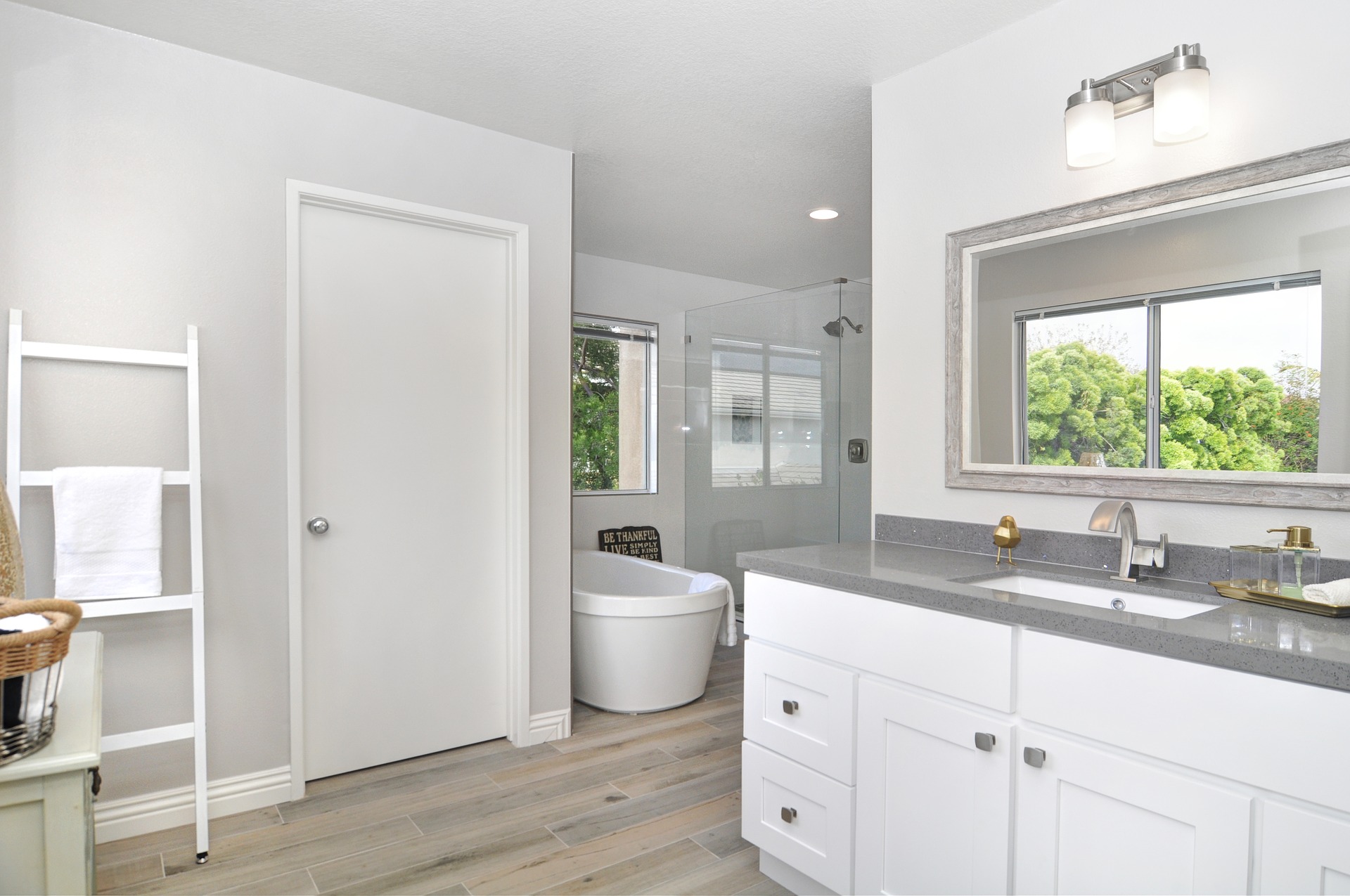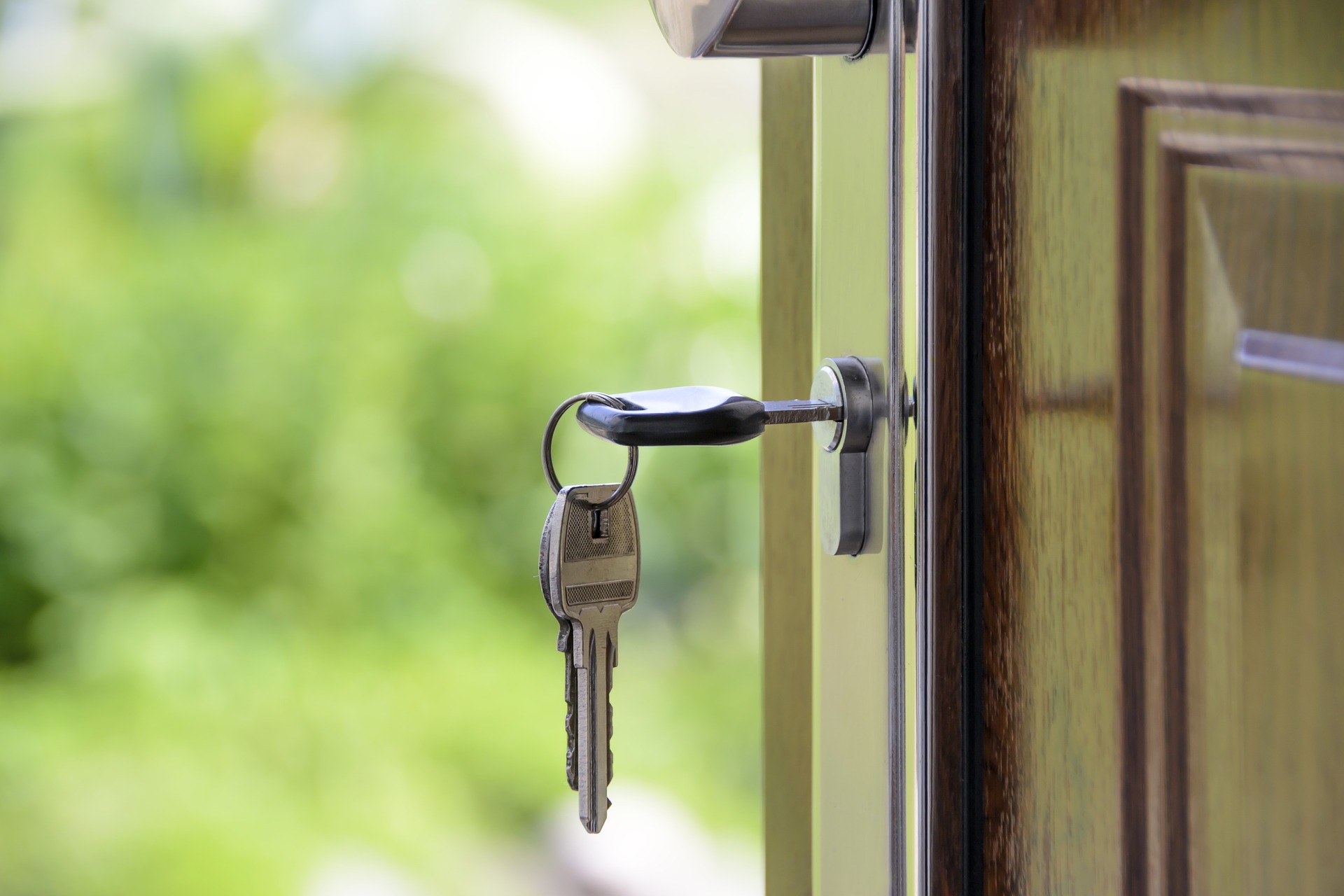
Guest article provided by: dirt2tidy.com.au
Continue reading “How to budget for a kitchen and bath remodel?”
Category: Blog

Guest article provided by: dirt2tidy.com.au
Continue reading “How to budget for a kitchen and bath remodel?”

Guest article provided by: indygetmarried.com

Guest article provided by Tiffany Rachel

The majority of Americans cannot afford to live wherever they’d like. The realities of home costs and finite paychecks mean that we must pick a home and neighborhood that is the best possible, and that means settling for less than perfect. Sometimes, we choose to settle for a home despite the neighborhood being less than ideal safety-wise. If this is the case, consider what you and your neighbors can do to ensure that your neighborhood is safe.
Get to know your neighbors
Living among strangers is never ideal. Safewise lists several ways to improve the safety of your neighborhood, and being in touch with your fellow residents is high on the list. There are many benefits to familiarity with your neighbors. For one, knowing them will allow you to judge their character, even on a superficial level. Becoming close with them will also mean getting to know their daily routine and lifestyle, and vice versa.
Being familiar with neighbors’ routines will make it easier to spot any suspicious activity around their home. Plus, it may allow you to be aware of any teenage drivers who – let’s face it – can tend to be reckless even in a quiet neighborhood. Rochester’s Neighborhood Resource Center recommends getting to know the youth on your street by name, and addressing them specifically when you come in contact. A teen who knows their neighbors – and knows that they are watching – will be less likely to drive recklessly. Being in touch with their parents should allow you to nip any problems in the bud if they ever arise.
Guard911 adds that joining an existing neighborhood association (or forming one of your own) is one way to make a neighborhood watch a bit more official and coordinated. Such an organization maintains a commitment to spotting suspicious vehicles and activity, as well as monitoring door-to-door salespeople that may be canvassing whether a home is vacant for malevolent reasons, according to the Better Business Bureau.
When neighbors become a threat
A tight-knit neighborhood will often host social events. Especially in large communities, as the booze starts flowing, it’s often the case that one or more neighbors will head to their cars despite being unfit to drive, even to a home just down the road. Neighbors who are truly friendly may be able to approach someone who is about to risk their safety and others’, persuading them not to drive.
Without being condescending and avoiding confrontation, a neighbor can offer a ride themselves or suggest that they make the short walk home, retrieving their car in the morning. The LA Times details one specific story that offers advice on how to prevent somebody from driving drunk without being abrasive about it. Deterring a neighbor from making a poor choice is much easier if you have already established a rapport as two members of the same community.
Tips for making a neighborhood safer revolve around familiarity. When it comes to the welfare of your own family, you can add floodlights and a security system to your home, but to make where you live the most secure, it’s important to protect your entire neighborhood however you can. The easiest way to accomplish this is simple – establish familiarity and cooperation with all of your neighbors.
Photo via Pixabay

Buying your first home comes with some big decisions, and the process can be overwhelming if you go into it without a good plan. There’s a lot to think about, and the earlier you get started, the better. It’s a good idea to sit down and write out a list of all the things you want in a home, work out what your budget will be, and talk to your partner about any specific wants as well as any deal breakers. This is especially important when it comes to choosing the right home for everyone in the family.
Fortunately, there are some simple ways to plan for your first homebuying experience. The key is to plan well and ask for help from someone who understands the process and who can give you advice, especially if you don’t know much about real estate.
Here are a few tips on how to get started.
Start saving early
Unless you know you’re going to be receiving help with a down payment, it’s a good idea to start saving now. Depending on where you live and the total cost of your home, you may need as much as $10,000 to get started, and that’s on the low end. Many people use their tax refunds to get a jumpstart on savings; you can also use the holidays as a way to request cash gifts. For more information on how to prepare your finances, read on here.
Do some research
Many cities offer first-time homebuyer incentives, which means no down payment or assistance in the form of a special type of home loan. Do some research to find out what the options are in your area, or talk to a real estate agent who can help you figure out which is the best way to go.
Take your future needs into consideration
Your first home should not only meet your current needs, but it should also be everything you’ll need in the near future. If you and your partner or spouse are planning on having children, think about how many rooms you’ll want and the home’s proximity to schools and parks. If you or a family member is living with a disability, consider how easy the home is to maneuver through, or whether the layout may be a hindrance down the road.
Budget, budget, budget
This is the most crucial part of homebuying, mostly because you need to know how much is necessary for the down payment, the closing costs, and the actual move. Go over your finances, and look at how much you earn per month versus how much money goes out for utilities, insurance, and other bills. Think carefully about which areas you might be able to scale down to save money, but don’t go overboard; you need to be realistic. For tips on how to budget for a new home, head to BusyBudgeter.com.
Get pre-approved
Once you’ve found a lender, it’s a good idea to get your approval in writing. Knowing how much you can afford to spend on a home is a great way to get started with the house hunt, but it will also help give you credibility to the seller and possibly give you the upper hand over other potential buyers.
Buying a home is a lot of work, and it can be a stressful undertaking. It’s important to remember not to get in over your head and to ask for help from a professional when it’s time to buy so that you have all the information you need. Talk to a friend or family member who’s been through it so you can get the best advice on how to proceed, and give yourself a leg up by getting pre-approved. Having a solid foundation for buying a home paves the way for you to find the house of your dreams and puts you closer to reaching your homeownership goal.
Photo via Pixabay